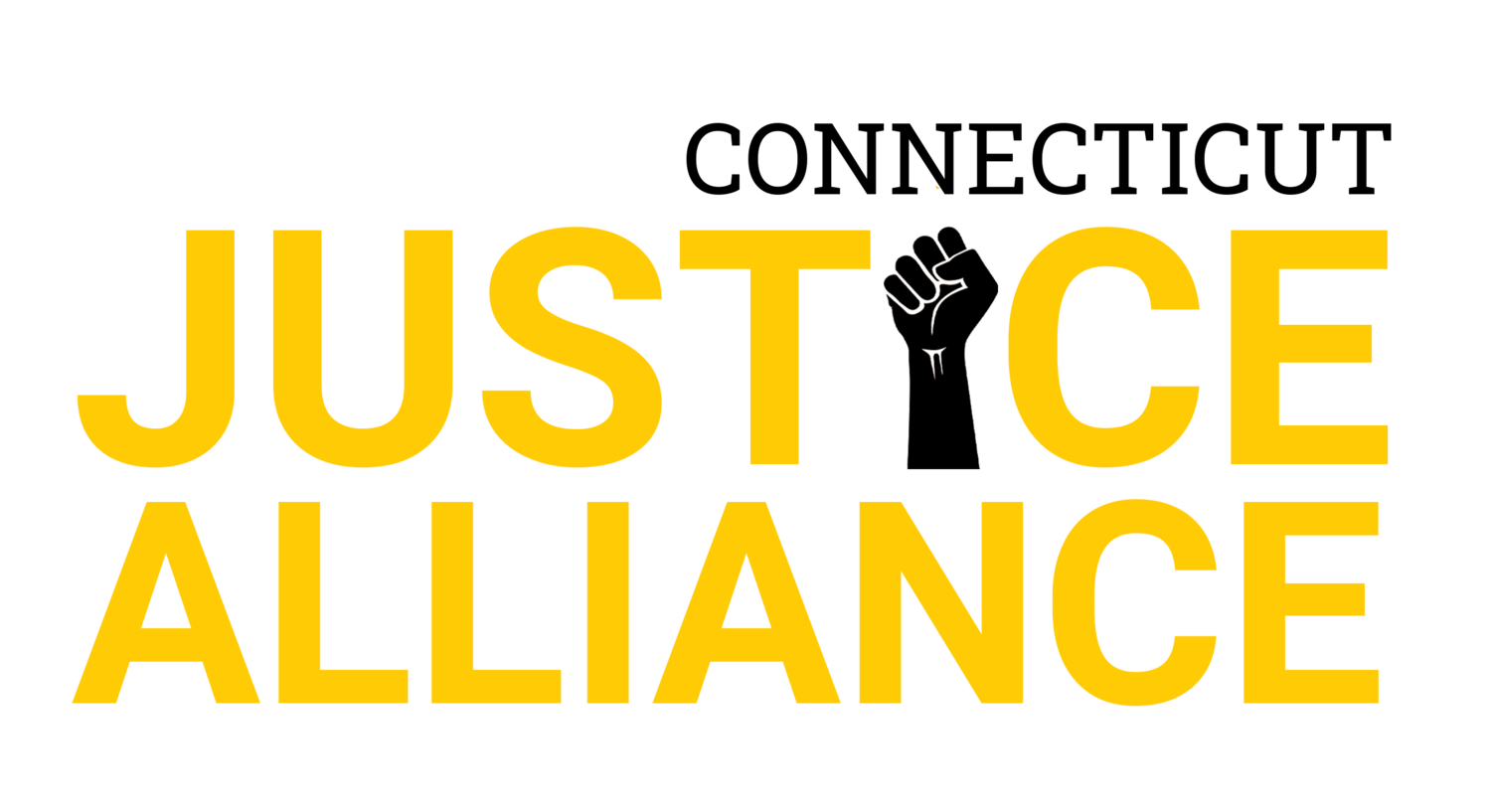
This bill, stemming from recommendations from the Juvenile Justice Policy and Oversight Committee, would do 2 major things.
1) Reentry: Provide reentry support for young people in the form of mentorship, connect young people to employment, and develop a quality assurance framework in the JJPOC Reentry Subgroup working with state agencies and stakeholders in this work.
2) Gender-Responsive: Ensure gender-responsive solutions, policies and practices are implemented and sustained through all care systems for youth with legal system involvement.
-
Mentorship (ex. Credible messengers, reintegration mentors) will be expanded to serve interested youth reentering from DOC, JBCSSD facilities and contracted programs. This support will be available to youth for up to 24 months from their release.
Both the Judicial Branch: Court Support Services Divison and the Department of Correction will ensure that before youth reenter from youth-serving facilities or contracted programs they start whenever they are able to complete job readiness and/or career training programs with embedded industry recognized credentials, certifications, or licenses. The facility or contracted program will collaborate with the youth and coordinating entity to support the youth in seeking and finding employment before their release and sustaining employment after release.
Final delivery of the CT Reentry Success Plan wil be December 1, 2024
-
Read this fact sheet created by our friends at the Tow Youth Justice Institute
Gender Responsive: Here’s What It Does
-
Creating a landscape analysis, conducting a gap assessment of gender responsive work in the state by January 1st, 2025, that will include:
Definitions of the term “gender responsive” and what deems a practice gender responsive
Input from youth, families, and communities directly impacted
A review of national best practices including approaches, service types and system considerations.
A review of past work & legislation on gender responsiveness
Identification of gaps from system/program changes
A review of existing work and practices on gender responsiveness by agencies and community providers
A review of data organized by race and ethnicity, gender, age, location, and level of system involvement (type of offense/judicial handling)
Collaborating to develop a framework for reporting, collecting, and distributing police data on human trafficking.
TYJI will collaborate with TIPC to generate regular analysis and reports for data collected, received, and reported to TIPC or through JPPOC Gender Responsiveness Workgroup regarding human trafficking. o
Compile a set of legislative/policy recommendations for JPPOC and TIPC consideration including:
Recommendations for improvements to continuum of care including trauma and culturally informed approaches, services treatment, and permanency models for girls including:
Continuing clinical support across a continuum of placement/treatment settings.
Specialized treatment foster care for girls who have experienced sexual abuse/domestic minor sex trafficking, inclusive of children with intellectual and other developmental disabilities.
Consistent and constant source of support (peer mentor, therapist, etc.) for the youth.
Programs and practice developed using input of sexual abuse and trafficking survivors.
Service and treatment setting options that target specific needs of children with intellectual and other developmental disabilities.
Examination of successful treatment/support models from other jurisdictions to improve services in CT.
Support for youth who are trans or gender non-conforming.
Diversion options through JORB or other diversion models.
Quality assurance/modeling framework
Gender Responsiveness Workgroup and Transforming Children’s Behavioral Health Committee will share information on gender responsive practices/policies for youth with child welfare involvement.
-
Read this fact sheet created by our friends at the Tow Youth Justice Institute
